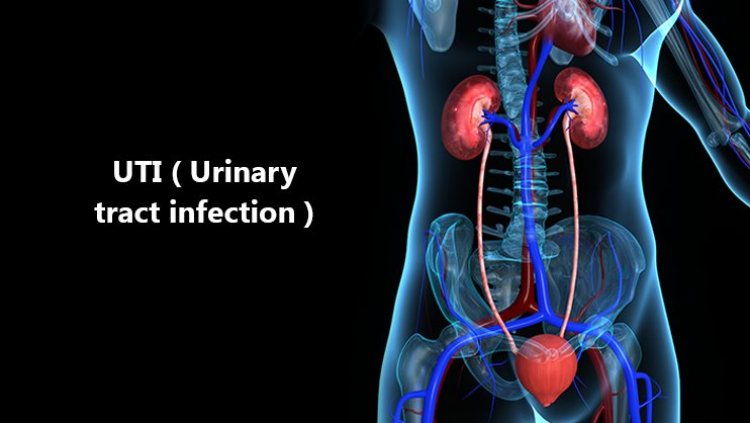Urinary Tract Infections Spike During Summer: observes Doctor

The summer months raise one’s risk of suffering from urinary tract infections (UTIs) due to dehydration as there are insufficient fluids in one’s body to flush out the bladder. Moreover, the warm days of summer are perfect for germs and bacteria to grow. This year, about 50-60 patients came for treatment in a month due to UTI problem. There is an increase in the number of patients with this disease every summer. It is the need of the hour to stay hydrated and maintain good personal hygiene down there to keep UTIs at bay.
The urinary system involves kidneys, ureter, urinary bladder, and urethra. The infection caused in this tract is termed as urinary tract infection (UTI). It is generally caused by bacteria, fungi, and viruses. Most infections commonly involve the lower urinary tract i.e. the bladder and the urethra. Women are at greater risk of developing a UTI than men. UTIs are a common occurrence in summer.
Dr. Suraj Lunawat Apollo Spectra Hospital, Pune, said, “Summer is an ideal season when the weather is warmer and it's easier for germs or bacteria to thrive. Hot weather also causes dehydration which in turn leads to infrequent urination. Holding the urine for longer periods of time and can't get to a clean bathroom may also contribute to UTIs. Taking a dip into a contaminated pool can invite infection. Likewise, poor hygiene down there and excessive sweating in the perineal region during sunny days can facilitate bacterial transfer from the rectum to the urethra (especially in females). The most common bacteria linked to UTI is Escherichia coli (E. coli), responsible for maximum infections. The bacteria is found naturally in one’s gut but the problem occurs if they enter one’s urethra. Women of any age group can suffer from it.”
Dr. Lunawat added, “The symptoms of UTIs are a burning sensation while urination, cloudy urine, frequent urination, bloody urine, fever, a sudden urge to urinate, pressure in the lower abdomen, foul-smelling urine, pain in the pelvic region and abdomen, nausea and vomiting are the symptoms of a UTI. UTI can lead to fatal complications like pyelonephritis (inflammation of the kidney) or sepsis, if not tackled at the right time. So, don’t delay once you spot the symptoms and take appropriate treatment which involves medication.”
Dr. Sanjay Ingle Zonal Technical Head West and Consultant Pathologist Apollo Diagnostic, Pune, said “A UTI is diagnosed via urinalysis and urine culture which looks for evidence of infection such as white blood cells in the urine sample and isolation of pathogenic bacteria in urine as urine has many commensal bacteria in normal circumstances. These tests to be taken if one has burning and pain while urinating. There is a higher risk of infection if one has Diabetes or prone for stone formation. Skipping the tests can delay treatment and land you in trouble as infection can affect the kidneys also if not attended to. To minimize the risk of Covid-19, you can opt for at-home services wherein the urination sample will be collected from the house."
To prevent UTIs, stay hydrated by drinking a lot of water, avoid holding your urine for a longer time, wash undergarments before using them, avoid using public toilets and swimming pools, don’t use chemical products down there, were skin-friendly undergarments made from breathable fabric, have probiotics, women should wipe from front to back after using the toilet to prevent bacteria from spreading from anal to vagina and urethra, change sanitary napkins from time to tie after menstruation and avoid douching down there.















































